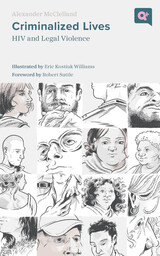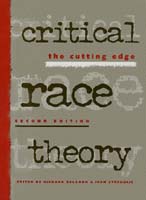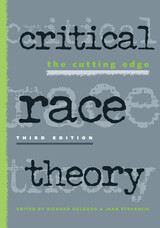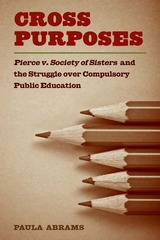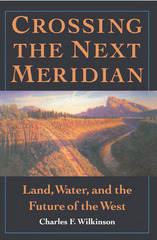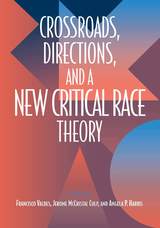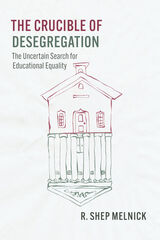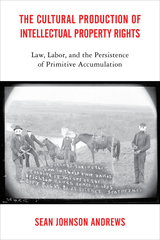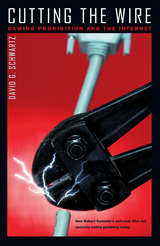Cloth: 978-0-674-56467-1
The Meiroku Zasshi is recognized as the single most important source for thought during the Japanese enlightenment that followed the Mei Restoration of 1868. The men who wrote for the Meiroku Zasshi (Meiroku refers to the sixth year of Meiji, that is, 1873, and zasshi means magazine) were the encyclopedists of the Meiji enlightenment. Trained as Western experts during the reopening of the country after 1853, they introduced mid-nineteenth-century European and American culture to Japan. The forty-three issues of the magazine represent a broad sampling of the way in which this culture was presented. The influence of the Meiroku Zasshi on the nation builders of Meiji Japan was second to that of the writings of the great enlightener, Fukuzawa Yukichi. This crucial work in Japanese cultural history is now accessible to readers in a precise, beautifully rendered translation by William R. Braisted.
In the magazine’s pages, the Meirokusha writers expressed their views on such concerns of the period as a popularly elected assembly, the separation of church and state, the status of women, economic policy, chemistry, language reform, and the nature of knowledge. Their prose style reflected their modernity—terse, dignified, less artificial than the traditional literary modes. They also translated articles from languages other than Dutch (until that time the only Western language known to Japanese scholars).
Nowhere else can one find gathered together such representative writings by the leading intellectuals of the day, many of them former samurai, who fused their country’s tradition of practical studies with the humane and useful knowledge of the West. Complete with Braisted’s highly informative introduction, this full translation of the Meiroku Zasshi suggests why Japan’s modern experience has been unique.

